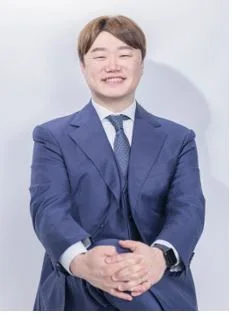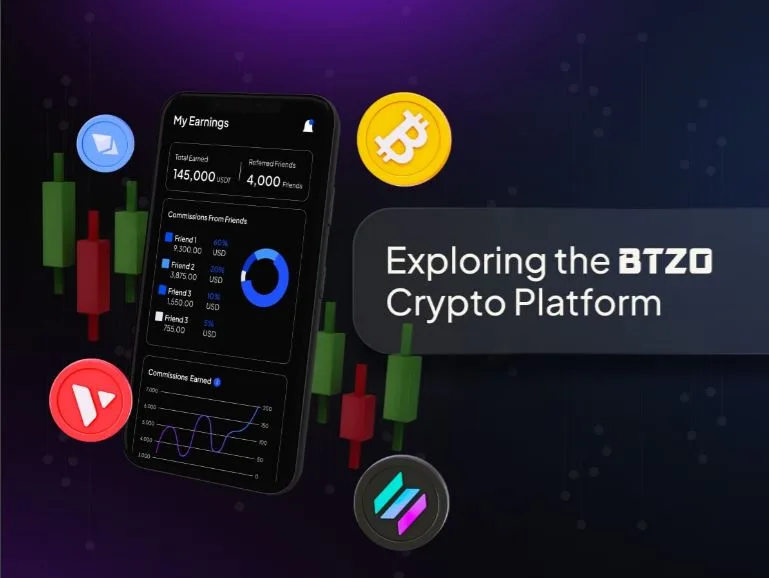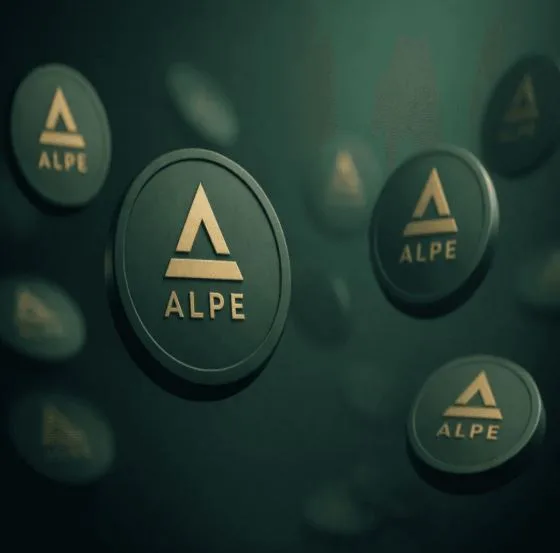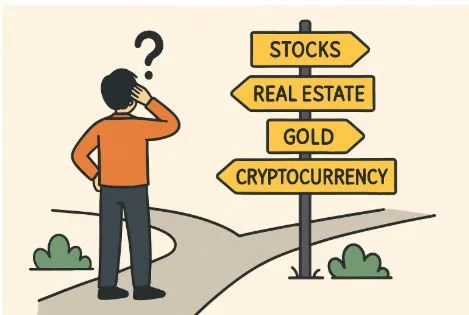[Interview] Punkvism CEO Hyunki Hwang: “The Blockchain Wave, the Korean Wave, and the Crypto Bull Market – The Window of Opportunity is Wide Open
Punkvism is a blockchain-based platform leading the Web 3.0 era. It is now preparing for its next leap forward by riding the momentum of blockchain technology becoming mainstream, the cultural momentum of the Korean Wave (Hallyu), and the upward trend in the cryptocurrency market.
In an exclusive interview, Punkvism CEO Hyunki Hwang shared his vision for navigating this pivotal moment—focusing on blockchain’s future, the transformative power of Hallyu, and the economic changes on the horizon.
Q: A recent hacking incident involving a major telecom company made headlines. You mentioned it’s a signal that data storage must transition to blockchain in the AI era. What do you mean by that?
This hacking case clearly revealed the vulnerability of centralized systems. In this era of AI producing massive amounts of data, traditional servers have become easy targets for hackers. Blockchain, on the other hand, distributes data across many computers, making it tamper-proof—like a vault guarded by everyone together. I believe this incident signals that every industry must migrate to blockchain. At Punkvism, we’re aligning with this trend to build a trusted platform that protects user data and fosters secure digital interaction.
Q: Trump’s “Genius Act” seeks to turn the U.S. dollar into a blockchain-based stablecoin. What implications does that have for industries? You’ve said most people are unaware of this opportunity.
The Genius Act represents a revolutionary shift: the U.S. government officially considering a move to integrate the dollar with blockchain via stablecoins. It’s a signal that all industries—finance, healthcare, supply chains—are heading toward decentralization. Yet, the public still lacks awareness of this transformation. As blockchain adoption becomes mainstream, preparation is crucial. Punkvism plans to seize this opportunity by embracing Web 3.0 values: sharing ownership and profit with users. This way, we aim to build a strong platform and a community where users become true stakeholders.
Q: K-pop group Demon Hunters is topping global charts, and the Korean Wave is in full swing. With rising trust in Korean content, how will Punkvism leverage this momentum?
Korean content is trusted worldwide. From Demon Hunters’ music to K-dramas and K-beauty, the word “Korea” now carries trust and excitement. Punkvism wants to connect this passion with blockchain. For instance, when a K-pop fan buys an artist’s NFT, they could earn a portion of the profits or gain access to exclusive events and concert tickets. We aim to become a digital hub for global fandoms— where the warmth of Hallyu meets the transparency of blockchain.
Q: Analysts expect interest rate cuts in September or October. Do you believe a “big cut” would boost the crypto market? And how do you respond to criticisms that crypto is mere speculation or gambling?
If interest rates drop, capital will flow again, sparking a crypto market surge. A “big cut” could inject hundreds of billions in liquidity. But to view crypto as just speculation misses the point. Blockchain and crypto aren’t just about profit— it’s a tool to build a fairer, more transparent world. Understanding their purpose begins with grasping why Bitcoin was created and how blockchain works. Learning about these can give people hope for a more connected and compassionate digital future.
Q: Then why was Bitcoin created? What is blockchain? Can you explain for beginners with an example?
Bitcoin was created in 2008 by an anonymous figure named Satoshi Nakamoto, after the global financial crisis. At that time, governments and banks printed money recklessly, hurting ordinary people. Bitcoin was designed to let people send money directly without banks. Imagine sending 10,000 won to a friend using your phone—no bank involved. With only 21 million Bitcoins ever to exist, unlike regular currencies that can be printed endlessly, it retains its scarcity—hence it’s often called “digital gold.”
Bitcoin is more than a currency—it’s a warm, fair technology built to restore trust and equality in finance.
Blockchain is the underlying tech that powers Bitcoin. It’s like a public ledger stored across countless computers. Each transaction is recorded across thousands of computers. If someone tries to alter it, the rest say, “That’s false!” It’s like having the whole neighborhood jointly manage the account book. This transparency makes it secure and trustworthy.
Q: What role will cryptocurrencies play in shaping the future, and how does Punkvism fit in?
Cryptocurrencies will help build a more just and inclusive future. With DeFi (Decentralized Finance), people can get loans without a bank. Through NFTs, artists can directly connect with fans. Imagine a fan buying a singer’s digital album as an NFT—and earning a portion of the profits when a new song is released. Punkvism wants to accelerate this future, weaving the passion of Korean culture into blockchain. Our vision is clear—build a platform where creators, fans, and communities all become protagonists in the Web3 era.





